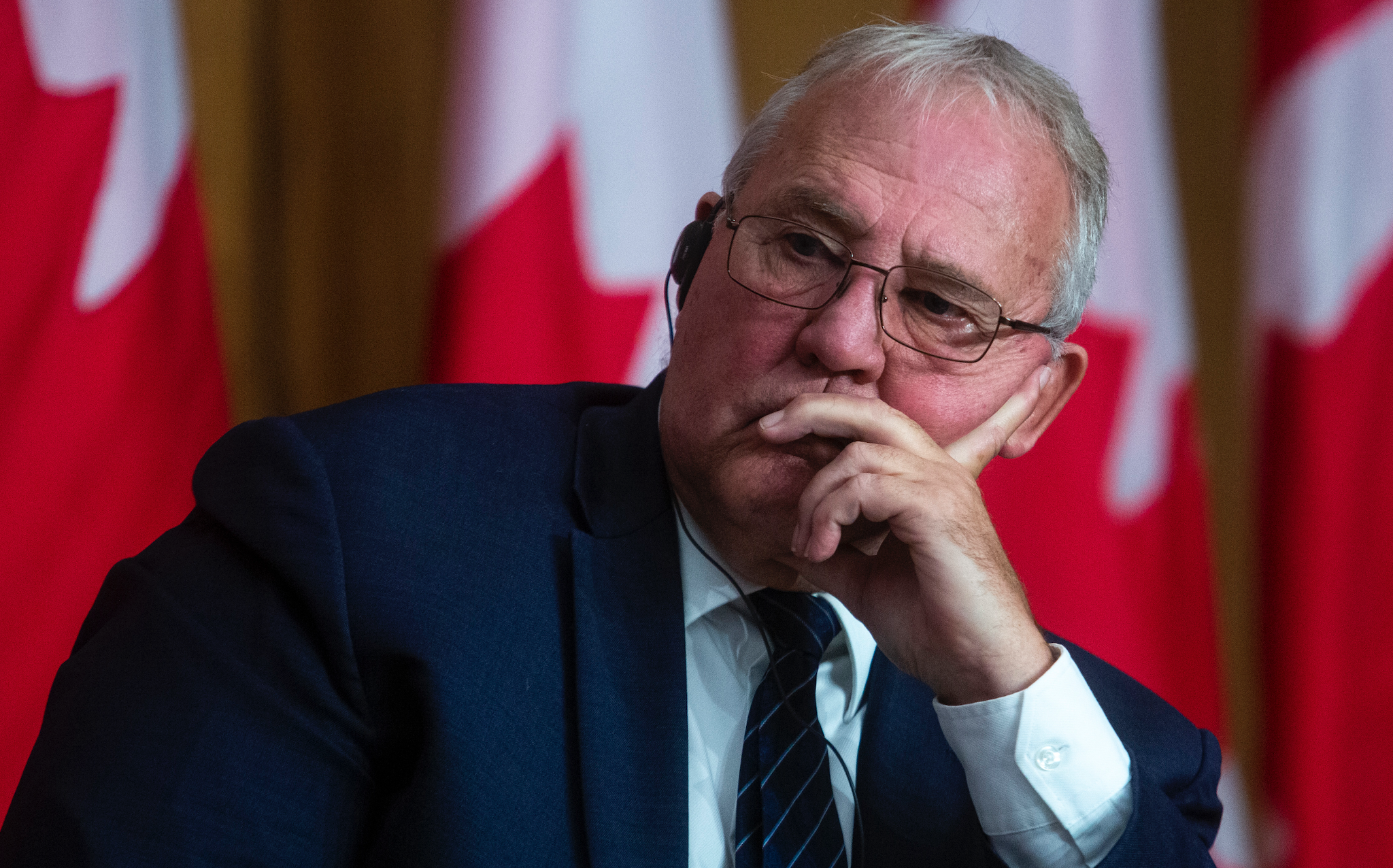
ISED missed internal CTI deadline despite ‘considerable pressure’: docs
News | June 24, 2019
The federal government failed to meet an internal goal by which it aimed to have nearly all of the contribution agreements signed for its Connect to Innovate (CTI) rural broadband funding program.
“There is considerable pressure by Ministers, provinces, media and Canadians to show progress — both in negotiations, and in getting ‘shovels in the ground’,” reads a February briefing note for Innovation deputy minister John Knubley, obtained by The Wire Report though Access to Information.
The Innovation, Science and Economic Development Canada (ISED) document said final contribution agreements — outlining how much funding a project will receive, subject to conditions — were “signed for just over half of all CTI projects,” and there was a goal to have “nearly all signed by mid-May.”
That has not happened. Currently, there are 175 projects under the program that have been publicly announced, according to Emilie Simard, spokeswoman for rural economic development minister Bernadette Jordan, who has recently taken over the rural broadband file from ISED.
Documents filed in Parliament in mid-June in response to an order paper question from Conservative Innovation critic Dan Albas, and dated May 1, outline 108 projects with signed contribution agreements.
That number has since risen to 123, Simard said.
When asked why the goal to have “nearly all” signed by mid-May wasn’t met, Simard said in an email that these “are complex projects, involving multiple partners, including provincial and municipal governments, Indigenous communities and the private sector.”
She added that the projects “cover some of the most challenging terrain in some of the most remote parts of Canada,” and the design and engineering for the projects, as well as environment approvals “are important steps that take time for applicants to complete.
“In some cases, communities need to issue requests for proposals to undertake engineering design and advance the project, and have experienced delays,” she said.
Simard also noted that the negotiations also involve “financial due diligence, which can involve re-confirming provincial contributions after an election.”
The number of projects that had been publicly announced in February was 174, according to the briefing note.
“Communications branch continues to work with [Innovation Minister Navdeep] Bains on plans to announce the balance of projects (primarily in New Brunswick and Prince Edward Island), and the list has been provided to MINO Jordan,” it said.
But since then, the number of announced projects has only increased by one, to 175, according to Simard. That’s actually six fewer than had been announced by January.
“Some projects that were conditionally approved and announced were withdrawn during due diligence review by the applicants or because overbuild of existing service was identified,” she said.
The Wire Report reported in May that 60 per cent of applicants to the program were still waiting to be notified about whether their projects were successful, more than two years after the deadline to apply.
Those applications are currently being considered for funding under the additional $85 million in funding CTI received in this year’s federal budget.
“More details regarding the CTI top-up funding will follow in the summer of 2019. Once those announcements have been made, remaining unsuccessful applicants will be notified,” Simard said.
That $85-million top up was only a small piece of the $1.7 billion in rural broadband funding announced in the 2019 budget. Jordan is scheduled to announce details on how that money will be spent — as well as a federal broadband strategy — on Thursday morning.
“There is considerable pressure to ensure negotiations are concluding very quickly, and that proponents show progress that is visible to Canadians,” the ISED deputy minister’s briefing note reiterated.
“Canadians are eager to see projects launched; however, often the front end of these projects involve work not seen by the public,” such as engineering work, launching tenders and finalizing financing.
“Provincial governments and some companies have reached out to ensure their project negotiations are made a priority.”
Developments at the provincial level contributed to how long it was taking to sign the agreements, the briefing note said, outlining issues like a new connectivity fund in Nova Scotia, provincial elections in Ontario and Quebec, as well as municipal and band elections, and in Quebec, a number of projects that were relying on the same contractor.
Connecting Canadians, a federal program designed to bring basic broadband speeds to hard-to-reach areas, was extended by a year to March 31, 2020 to complete projects with “unforeseen delays encountered by recipients,” Simard previously told The Wire Report.
The briefing note also said that the status of contribution agreements was a “weak indicator of progress,” since projects can incur up 20 per cent of their costs before the final agreements are signed.
Completion of contribution agreements often involve assessments of a project’s environmental risk, financial position, business model and engagement with Indigenous communities.
Simard said the Connect to Innovate website would be updated “once all announcements are made.”
She noted that the update can be expected in “the coming weeks, as the last announcements roll out.”
— With reporting by Anja Karadeglija at akarad@thewirereport.ca and editing by Ahmad Hathout at ahathout@thewirereport.ca




